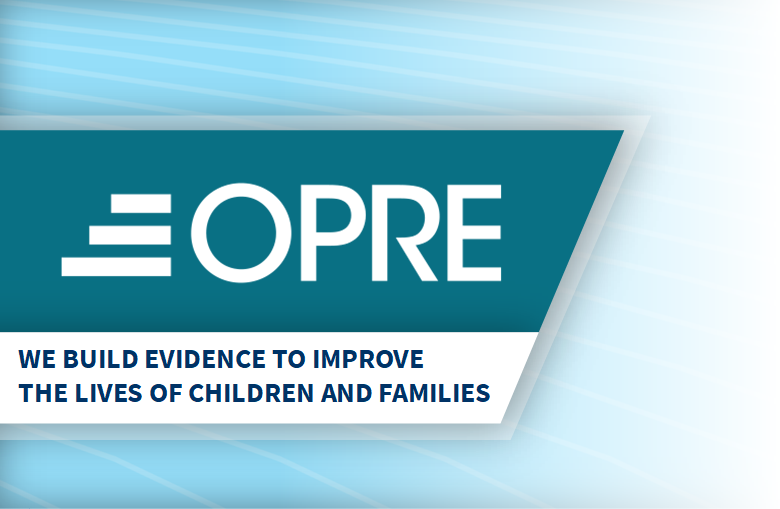Introduction The proliferation of online child sexual abuse and exploitation presents a serious threat to children globally. In 2023, the US National Center for Missing and Exploited Children (NCMEC) received over 36.2 million reports of suspected child sexual exploitationin, which … Read More
Safety Permanency & Wellbeing

The 2023 Federal Human Trafficking Report
INTRODUCTION The methods used by traffickers to recruit, coerce, and exploit victims of trafficking are ever-changing. For this reason, we turn to data to help us better understand how traffickers operate and to create informed and targeted solutions to protect … Read More

Webinar Explores Strategies for Engaging Lived Experience Experts of Human Trafficking and Domestic and Sexual Abuse
Futures Without Violence, a health and social justice nonprofit dedicated to preventing and ending violence against women and children, recently held a roundtable webinar on the value of collaborating with lived experience experts of human trafficking, domestic violence, and sexual … Read More

Sexual Cyberbullying Research Summary
Purpose Sexual cyberbullying is any sexually aggressive or coercive behavior facilitated by electronic media. Professionals who support youth experiencing the child welfare and/or juvenile justice system, homelessness, and/or disconnection from school and work (i.e., opportunity youth) identified a need for … Read More

State Child Welfare Data Linkages Descriptive Study Technical Report: Study Background and Design
Introduction The Child Abuse Prevention and Treatment Act (CAPTA), first authorized in 1974 and reauthorized regularly since then, requires the examination of a wide range of topics related to the incidence of child abuse and neglect with the aim of … Read More

Babies in Care Proceedings: What Do We Know About Parents with Learning Disabilities or Difficulties?
This mixed method study, completed by the Institute of Public Care at Oxford Brookes University in September 2023, explored three important questions about parents with learning disabilities and learning difficulties in relation to care proceedings involving their babies. The study … Read More

State-level Data for Understanding Child Welfare in the United States
This comprehensive child welfare resource provides state and national data on child maltreatment, foster care, kinship caregiving, permanency, and older youth in care. The data are essential to help policymakers understand how many children and youth come in contact with … Read More

New Framework Highlights Holistic Prevention Strategies to Support Family Well-Being
The child welfare industry is increasingly prioritizing and investing in prevention—strategies that equip families with the tools and resources they need to thrive before their situation escalates to crisis. In support of these efforts, Chapin Hall, in partnership with the … Read More

Examining the Importance of Developmental Relationships for Young People
Developmental relationships—or relationships with supportive adults and peers—are critical for young people, especially young people who grow up in challenging circumstances like the child welfare system. Developmental relationships have many benefits, including helping young people shape their lives, build resilience, … Read More

Incorporating Lived Experience Into Child Welfare Capacity Building
Purpose and Scope The purpose of this brief is to inform child welfare professionals about the work being done by the Child Welfare Capacity Building Collaborative (The Collaborative), which includes the Center for Courts, Center for States, and the Center … Read More

